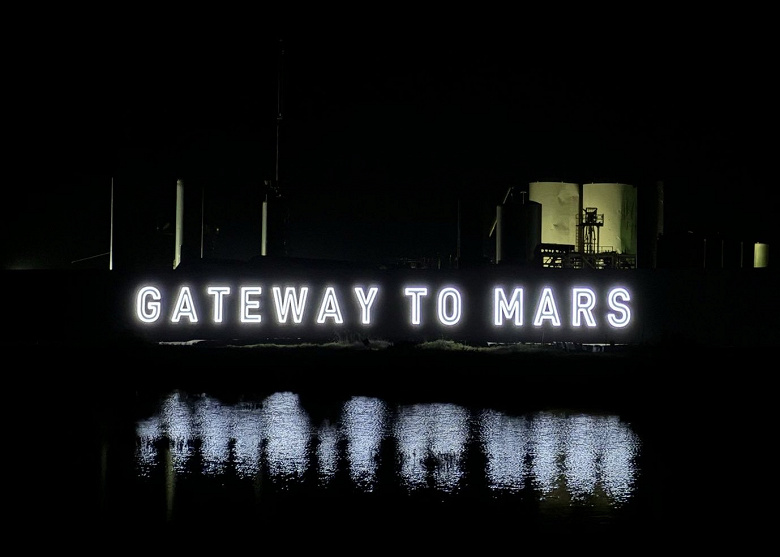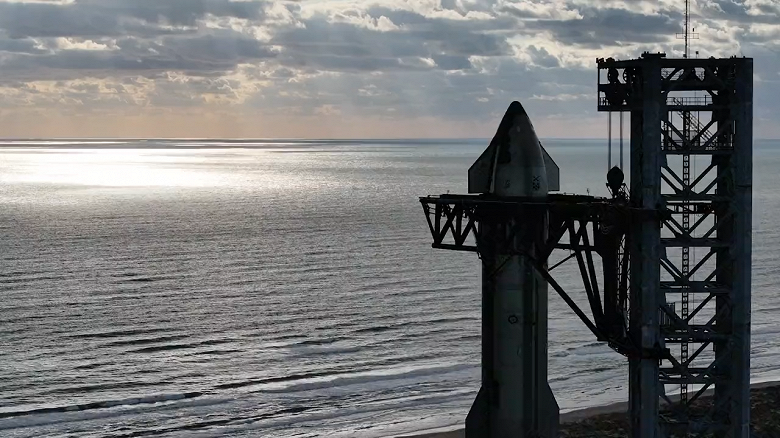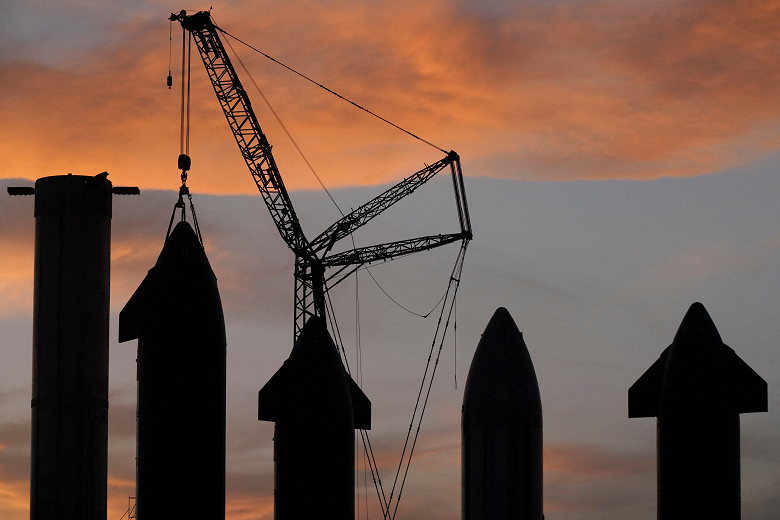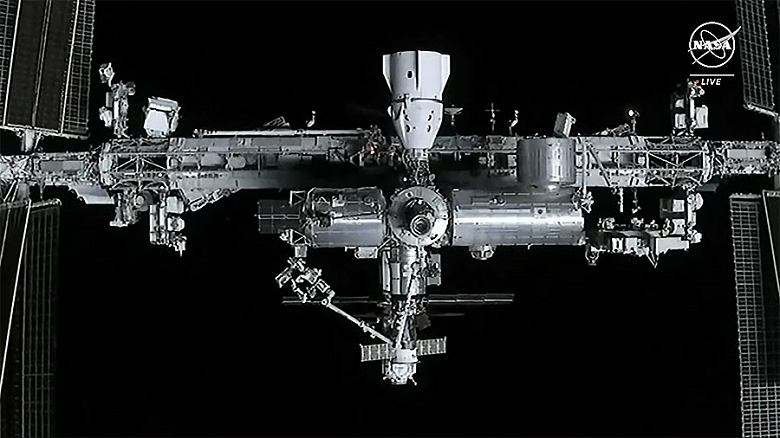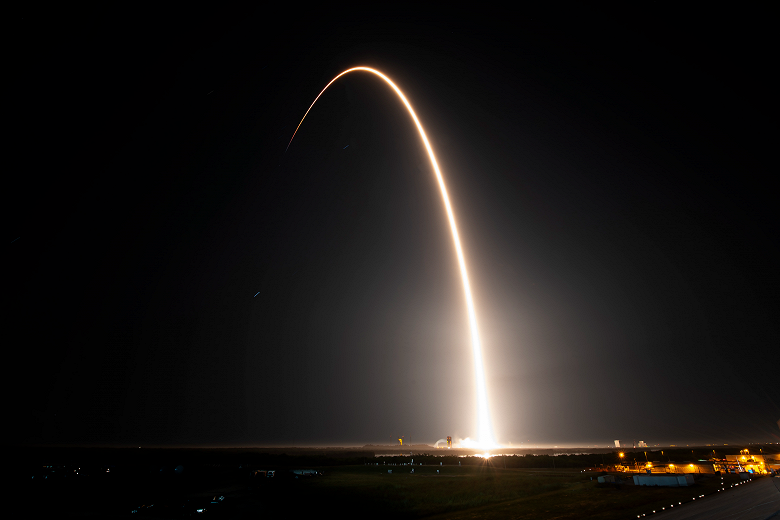More than 10,000 people already use Starlink satellite Internet, but competitors are trying to deprive SpaceX of funding
Lobbyists for small ISPs call on the FCC to see if SpaceX can deliver on its broadband promises while also considering ending funding for the company as part of its Rural Broadband Support Program. Against this backdrop, SpaceX announced that the beta version of Starlink already serves over 10,000 users.

SpaceX has become one of the largest winners of the Digital Rural Development Fund (RDOF), winning $ 885.51 million from the FCC over the next 10 years to bring Starlink broadband 642,925 homes and businesses in 35 states. Overall, the United States has channeled $ 9.2 billion ($ 920 million a year) in funding to 180 organizations to expand networks for 5.2 million households and businesses that currently lack access to modern broadband.
By January 29, all companies submitted additional information on how they intend to fulfill their obligations. The FCC will review these applications to determine if any funding should be withdrawn. US electric co-ops providing broadband have complained about both SpaceX and fixed and wireless providers.
The National Rural Electricity Cooperatives Association (NRECA) and the National Rural Telecommunications Cooperative (NRTC) have submitted a white paper to the FCC alleging that the transfer of significant amounts of RDOF awards to competitors is actually jeopardizing rural America’s broadband hopes. NRECA chief executive Jim Matheson vehemently opposes funding SpaceX: “Broadband from SpaceX’s orbit is a totally untested technology. Why use this money to conduct a scientific experiment? “
Electric broadband co-ops have raised a total of $ 1.6 billion over the next 10 years to serve 900,000 subscribers in 31 states. These are 180 cooperatives comprising five consortia and five separate companies. All of these companies promise to provide gigabit connectivity to their customers. Many people use fiber optic technology to achieve these speeds.
Meanwhile, SpaceX has pledged to provide services that exceed the FCC’s basic call quality requirements: 100ms latency, 100Mbps downloads, 20Mbps downloads, and limit traffic to at least 2TB per month. Early reports from beta testers say Starlink delivers even faster speeds with lower latency. SpaceX continues to launch satellites and has told beta testers that steady improvements in speed and lower delays can be expected over the coming months. Before applying for funding, SpaceX first had to overcome serious FCC doubts about whether the company would deliver the required performance.
“Starlink’s work is not theoretical or experimental,” SpaceX said in an FCC document. “ Today, the service has over 10,000 users in the United States and abroad. Real-time service quality is growing rapidly as part of the public beta program, and the Starlink network has already successfully demonstrated that it could surpass the Commission’s targets. ” The company said that 95% of the time, Starlink already delivers download speeds over 100 Mbps and download speeds over 20 Mbps with latencies of 31ms or less.
But opponents opposing FCC funding for SpaceX said the technology has not been tested and is not publicly available. “Any offers that are unlikely to deliver the promised speed to all subscribers should be disqualified under FCC rules, ” the NRECA and NRTC said in a white paper. It also notes that after tens of thousands of new subscribers are connected to the satellite network, communication quality is unlikely to remain even at the modern level, which does not always meet the FCC requirements. Finally, the complaint alleges that SpaceX uses earmarked funds allocated to support certain regions of the United States to deploy services that it will provide in various regions of the world.
ISP lobbyists aren’t the only ones worried about funding SpaceX. Consumer advocacy group Free Press examined the results of the auction and found that SpaceX had won funding in places that did not need high-quality connections (there are often gigabit connections there). It is unclear if the FCC can fully or partially revoke the funding provided to SpaceX and other companies. But the new acting FCC chairman, Jessica Rosenworcel, has already criticized former chairman Ajit Pai for problems with the last-minute auction.
